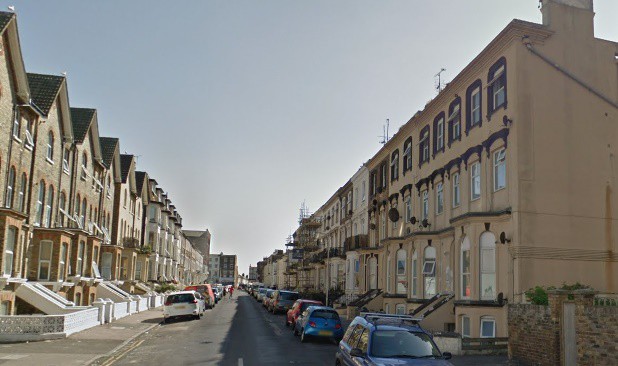
By Local Democracy Reporter Ciaran Duggan
Health inequalities across the county leading to premature deaths have been described as ‘unfair’ and ‘avoidable’ by Kent County Council.
KCC’s health reform and public health committee was told earlier today (March 10) that the premature death rate of Kent residents was 116% higher in the county’s most deprived areas, compared to the least, from 2013 to 2017.
In Thanet, this has resulted in an additional 400 deaths a year, according to a KCC report. Margate and Cliftonville were found to have highest mortality rates in the county for those aged under 75 over the same four-year period.
Cllr Barry Lewis (Lab), who represents Margate at county level, said: “I’m coming up to 69. Should I be worried that the clock is ticking?”
KCC’s cabinet member for public health, Cllr Clair Bell (Con) has prioritised the recruitment of more health workers and said: “It is clear that something needs to be addressed and this will be high on the agenda for us in health.”
Their comments came during a public meeting at Maidstone County Hall, in Sessions House, earlier today and during a lengthy discussion around a KCC report on the ‘unfair’ differences in the health status of Kent’s communities, ranging from Sevenoaks and Tunbridge Wells to Thanet and Swale.
A KCC public health report states: “Kent has a relatively affluent population, but there are pockets of real deprivation in the county.”
It adds: “Persistent health inequality in Kent is resulting in a poorer outlook and associated economic impact for Kent.
“The gap in life expectancy at birth between the most and least deprived in Kent is 6.5 years for males and 4.2 years for females.”
Causes of premature deaths include drinking alcohol, poor diet and a lack of exercise, with Public Health England estimating that around 18% of deaths in Kent were preventable between 2015 and 2017.
Based on data from the Office for National Statistics, this equates to around 2,600 deaths a year in Kent.
During the public meeting, Cllr Lewis also said that residents had told him about problems of animal infestation in Margate’s streets, notably mice.
He added: “Children are sharing their breakfast with rats. That’s the reality of Margate in the 21st century.”
KCC officers said that reducing health gaps between Kent’s most and least affluent communities would be prioritised through the newly formed Kent and Medway integrated care system, which launches next month.
In addition, the recent publication of the NHS England’s Long Term Plan has put reducing health inequalities at the heart of its delivery programme for the first time. This will include prevention strategies to cut down excessive alcohol consumption and bring down smoking prevalence.

